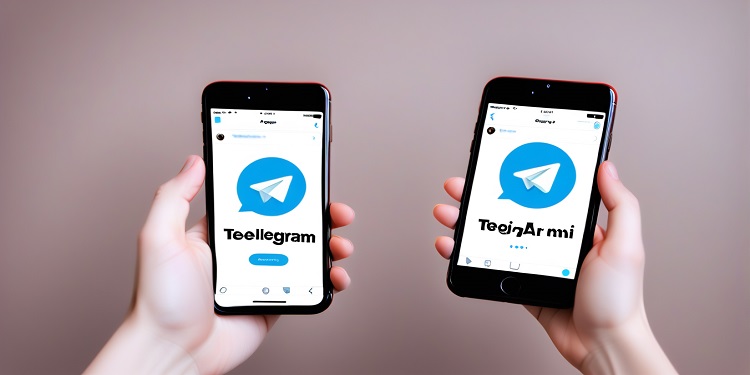 The GameStop (GME) share rally, led by retail investors, has caught the attention of investors and traders across the globe. The price of GME stock rose from a mere $17 in the first week of January to over $330 yesterday following the collective activity of WallStreetBets forum on social media platform Reddit.
The GameStop (GME) share rally, led by retail investors, has caught the attention of investors and traders across the globe. The price of GME stock rose from a mere $17 in the first week of January to over $330 yesterday following the collective activity of WallStreetBets forum on social media platform Reddit.
Following the steep surge in price, many brokers, including commission free mobile based stock trading platform provider Robinhood, have resorted to blocking of trading facility by retail investors. The issue has brought to limelight the deficiencies of traditional market settlement process.
The major rationale for suspending trades on GameStop counter by Robinhood and other brokers is the SEC (securities and Exchange Commission) rule on “net capital obligations and clearinghouse deposits.” Settlement of any stocks traded on exchange takes two days in general.
So, the rules have been created by the SEC to avoid any malpractice. Therefore, a surge in purchase volume necessitates Robinhood to hold additional capital, which it arranged on Friday. Furthermore, Robinhood does not receive money instantaneously even though a retail trades makes payment at the time of buying a stock.
If the mode of payment is digital currency and settlement is done via a blockchain platform, with stocks in tokenized form, the settlement process could be done instantly (delivery versus payment process).
That would resolve the issue. One of the main reasons for the issue is the long-standing enmity between retail investors and hedge funds, including large volume financially strong speculators.
As it can be understood, Robinhood gains from short-sellers. Even though Robinhood does not charge a penny for basic trading account, the company has a profitable and transparent business model in place. Robinhood also generates income from rebates offered by market makers.
The platform lends the stock owned by its customers to short-sellers for a considerable profit. In this regard, Mark Cuban has highlighted that the prevailing lending rate for the stock of GME is 30% per annum.
Lets talk $GME shorts vs De-Fi. When someone shorts a stock that is already heavily shorted, they have to pay a fee to borrow that stock. In the case of $GME that fee has been hovering around 30% this week. Shorts have to pay (Price x .30)/360 per day. In DeFi thats a 30% APY.
— Mark Cuban (@mcuban) January 29, 2021
This is one more way that Wall St takes advantage of the little guy. If you are moving from RH, look to see if you can find some place that allows you to hold the shares and lend them in YOUR name, so you get the Yield (Yield Farming in stocks !). Not all will allow it.
— Mark Cuban (@mcuban) January 29, 2021
But if they do, one trick that I have been on both sides of is to lend out stock to shorts at a high APY and then call back my shares, which forces the short to cover. Now if #WSB did this en masse, it would be the mother of all short squeezes .
— Mark Cuban (@mcuban) January 29, 2021
than old-school buy and hold. Im not saying HODLing stocks is bad. It can be great and have the same impact as HODLing crypto. And the same principals even apply. The number of shares outstanding and their growth is comparable to coins mined (without the algorithmic control).
— Mark Cuban (@mcuban) January 29, 2021
With the advent of blockchain technology, the investor could have better control over their stock holdngs. They could avoid lending the stock and do not take part in any kind of short-selling directly or indirectly.








